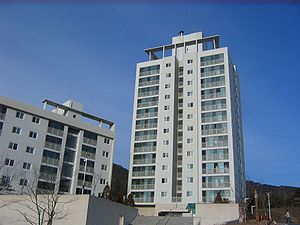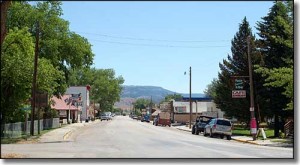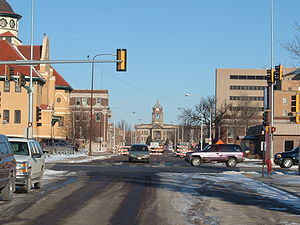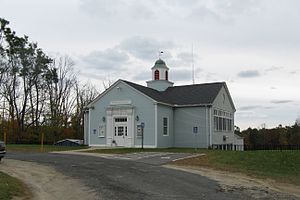HOUSTON – Nearly two-thirds (64 percent) of students would consider relocating if Internet speeds in their apartment didn’t meet expectations. This finding, from a survey by J Turner Research, confirms that access to fast Internet speeds is no longer an amenity in student housing – it is now an expectation. And it’s not hard to understand why – 56 percent of students said they spend between three and five hours a day on the Internet, and another 16 percent said they spend five to six hours a day online.
A majority (53 percent) of the 10,000 student respondents said the Internet connections in their apartments were slower than at their college or university; however, their satisfaction levels with Internet speeds remain high, with 43 percent of respondents ranking their satisfaction at a 7 or above, based on a scale of 0-10.










